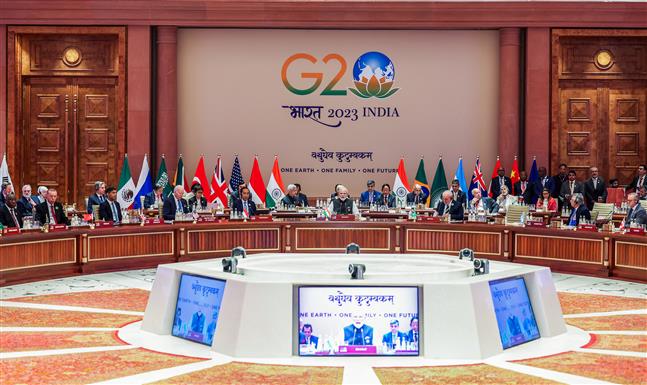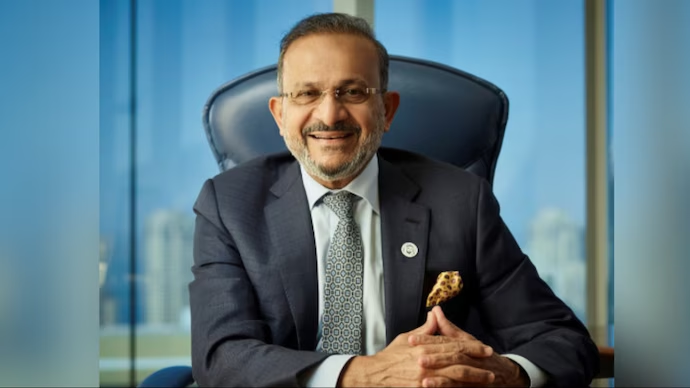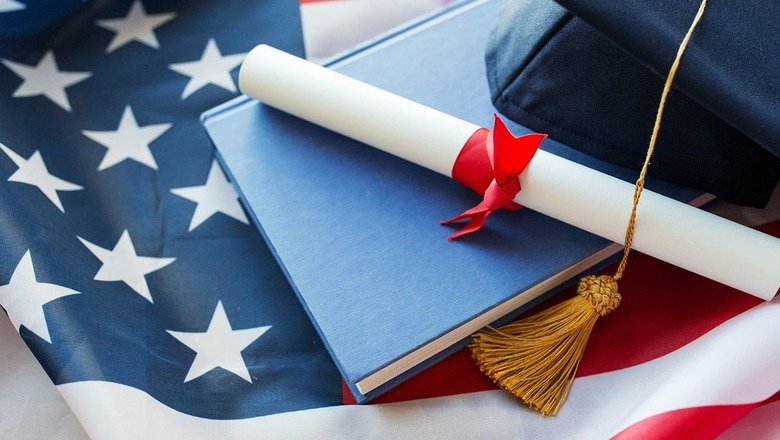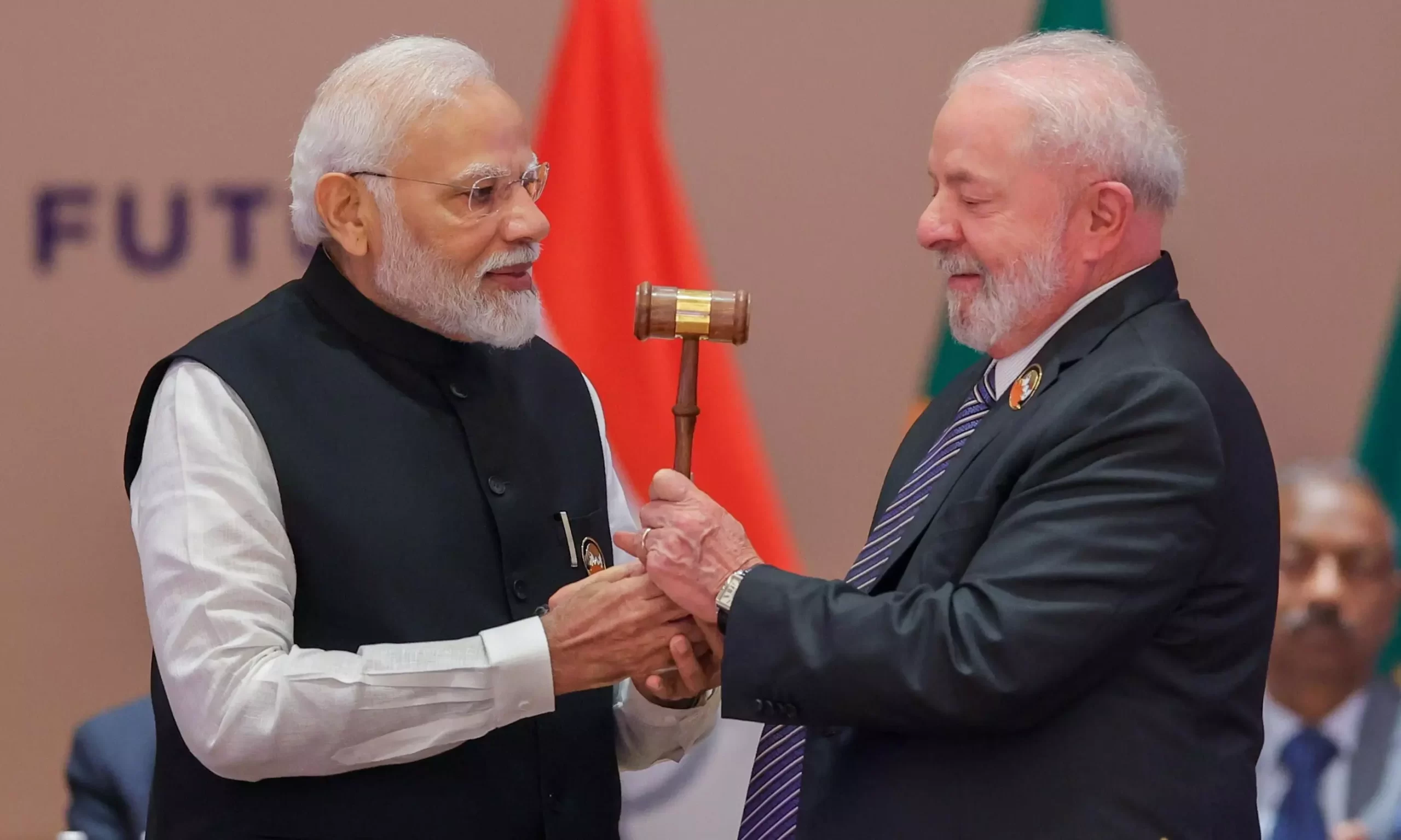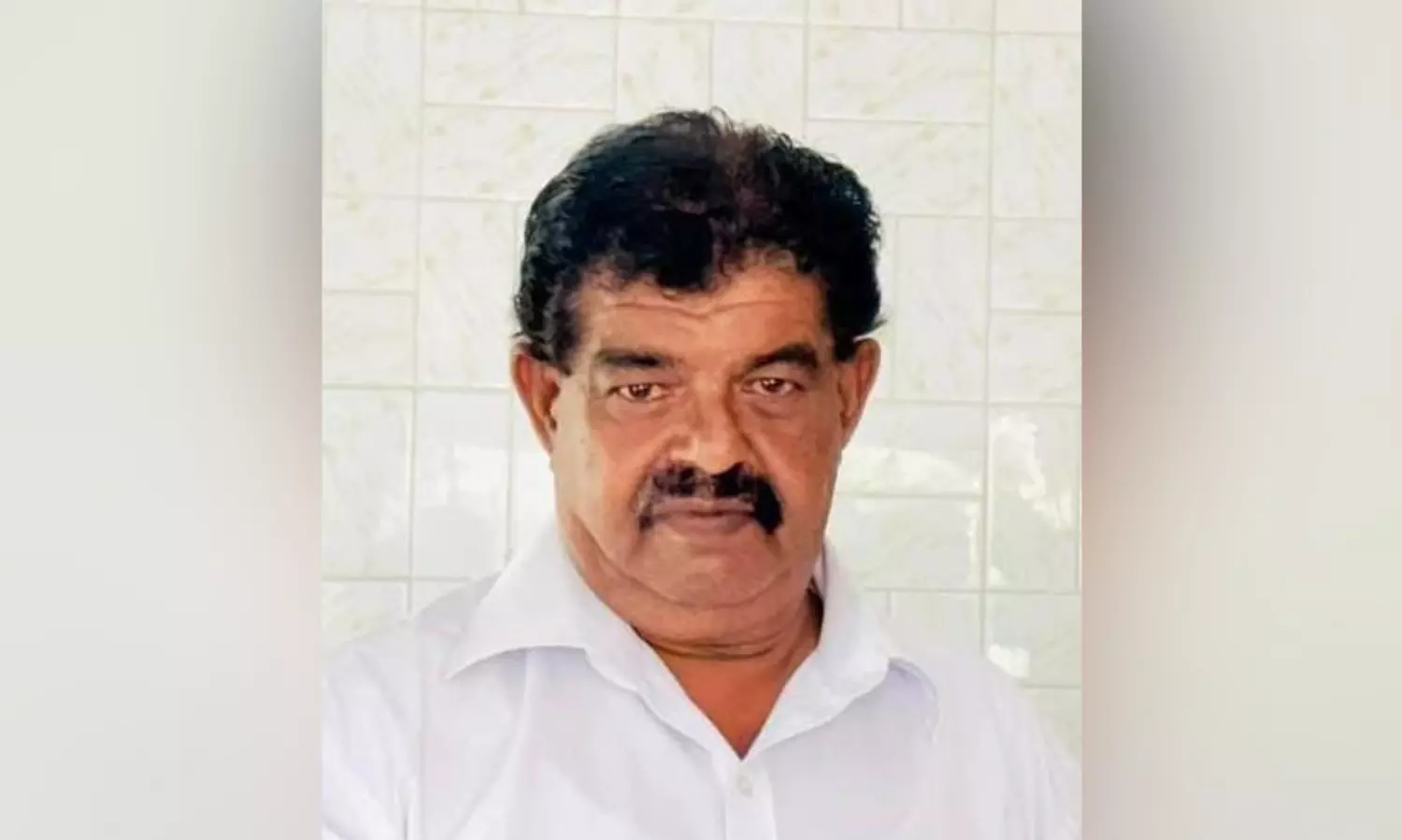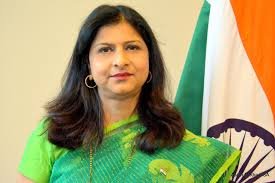Sources said the West was seen to have taken a step back from its insistence on criticising Russia,
New Delhi: The most complex part of the entire G20 process – unanimity on geo-political issues in the Joint Declaration – was clinched over 200 hours of non-stop negotiations, 300 bilateral meetings, 15 drafts, says India’s G20 Sherpa, Amitabh Kant, of the unanimous Joint Declaration, a special report by Sandeep Dikshit in The Tribune. Chandigarh, says.
Sources said the West was seen to have taken a step back from its insistence on criticising Russia,
The sticking point was the geopolitical paras on Russia-Ukraine, wrote Kant on Twitter and credited two Indian diplomats posted in his office – Eenam Gambhir and Nag Naidu – for their tenacity in negotiations.
“The process was cumbersome and hard, that’s why the Indian Presidency has done a tremendous job to get a consensus text,” noted a European diplomat.
Well versed in the art of dogged negotiation of texts due to stints at the UN, they along with two more diplomats, Abhay Thakur and Asish Sinha, were behind-the-scenes negotiators who brought home to their other G20 interlocutors, the “direction by the leader” to clinch a unanimous joint declaration, said Kant.
The main push was given by India, China, Indonesia, Brazil and South Africa with a “strong history of working together”, according to External Affairs Minister S Jaishankar.
They also brought into focus the fact that four emerging countries have been heading the G20 in succession – Indonesia (2022), India (2023), Brazil (2024) and South Africa (2025).
Another diplomat involved in the negotiations also said the main impetus came from India, South Africa and Brazil which insisted that the focus should be on all global issues.
Ukraine was left deeply dissatisfied and said there was “nothing to be proud of”, according to a statement by its Foreign Ministry. The perceived slight to the Ukrainian cause came after the G20 did not permit President Volodymir Zelensky to join the summit.
Battling charges that the West was unable to include language critical of Russia, diplomatic sources pointed at two reasons. One, there would have been a rift between IBSA (India, Brazil and South Africa) and the Western Group had the logjam over Ukraine continued.
India would have been the first to be upset had unanimity not been allowed to prevail. The next two G20 Chairs Brazil and South Africa also would have had their presidencies blighted by the Ukraine issue.
*****************************************************
Readers
These are extraordinary times. All of us have to rely on high-impact, trustworthy journalism. And this is especially true of the Indian Diaspora. Members of the Indian community overseas cannot be fed with inaccurate news.
Pravasi Samwad is a venture that has no shareholders. It is the result of an impassioned initiative of a handful of Indian journalists spread around the world. We have taken the small step forward with the pledge to provide news with accuracy, free from political and commercial influence. Our aim is to keep you, our readers, informed about developments at ‘home’ and across the world that affect you.
Please help us to keep our journalism independent and free.
In these difficult times, to run a news website requires finances. While every contribution, big or small, will makes a difference, we request our readers to put us in touch with advertisers worldwide. It will be a great help.
For more information: pravasisamwad00@gmail.com

